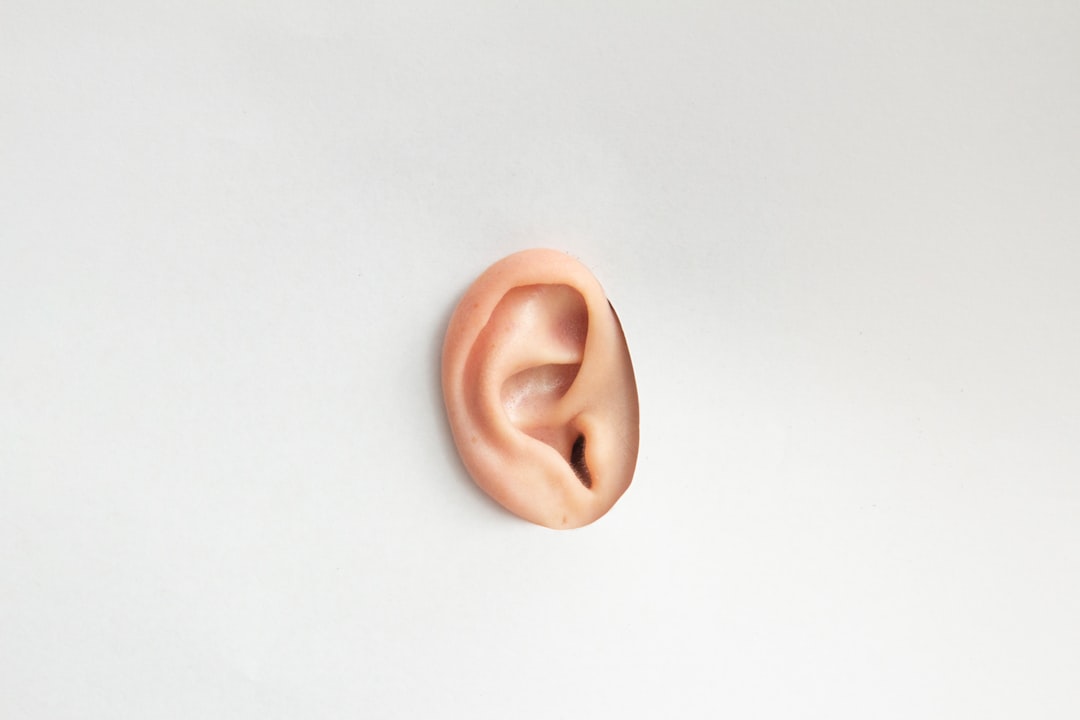What is it about?
Specialized assessments are needed to know whether a person could benefit from a cochlear implant. The information used by referrers to initiate the assessment process, however, is unclear. This paper highlights that the information used to refer a patient for a cochlear implant assessment vary greatly. It also identifies aspects that could help improve the referral process, from the perspective of patients and clinicians.
Featured Image

Photo by Robin Pierre on Unsplash
Why is it important?
Delaying the assessment process means that people who could improve their hearing with a cochlear implant are not informed about that possibility. Our study shows that the timing, format, and content of information shared by referrers about cochlear implantation could be improved.
Perspectives
It has been a joy to collaborate on this project with clinicians from several cochlear implantation clinics across Australia. Together we realized how similar were some of the challenges faced by the different clinics. We were amazed at what we learned when we collated the reports from patients and referring clinicians. Some suggestions could be used directly and led to clinical changes. We hope that this article will stimulate similar reflections for you too.
Isabelle Boisvert
University of Sydney
Read the Original
This page is a summary of: Perspectives on Support Material for Referrals to Cochlear Implantation Teams, American Journal of Audiology, March 2022, American Speech-Language-Hearing Association (ASHA),
DOI: 10.1044/2021_aja-21-00127.
You can read the full text:
Contributors
The following have contributed to this page










